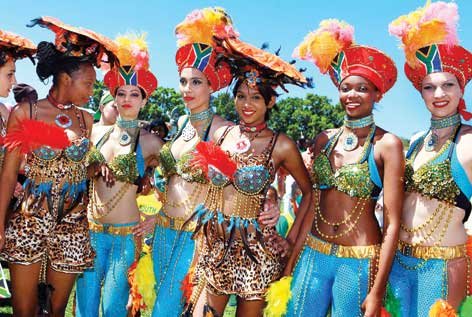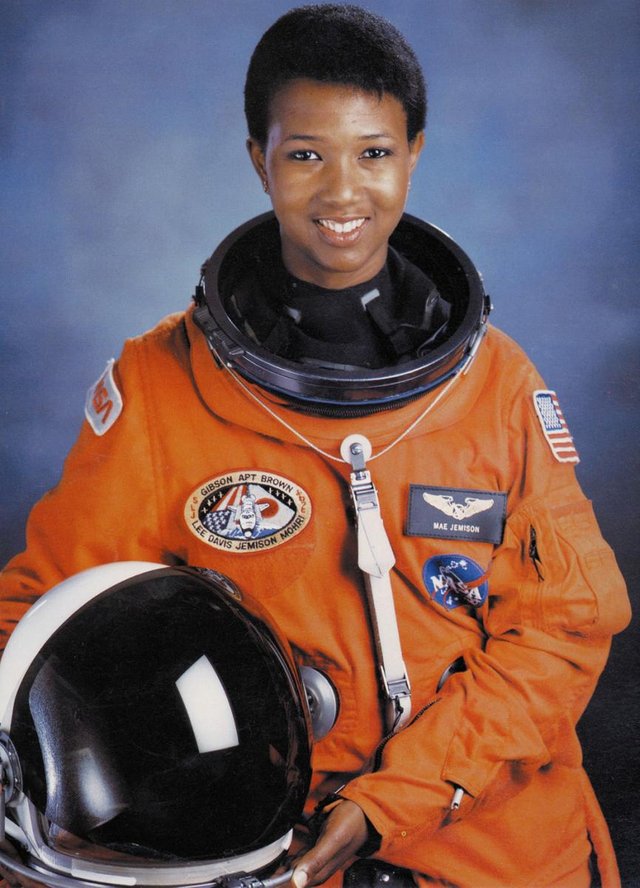South African cultural differences for dummies
For the last couple of years, I've been a South African expat living in the Middle East. Apart from the "Why are you white?" questions we get whenever asked where we are from, we have come to notice that many people have a misconception about Africa, and especially South Africa. I can't tell you how many people think that South Africa is the continent Africa, and that we have no internet, no houses and ride on the backs of elephants in the wild.

"Oh, so you're from Africa...do you know a guy called Jack? He also lives in Africa"
"Really? I'm sure there should be about a million Jack's in Africa, but I wouldn't know because I'm from SOUTH Africa!!! SOUTH!!!!!"
Yup, that's an actual question I got!
My plan today is to educate people around the world about this place in the SOUTH - called South Africa. We are all different, we are mixed races and we all have different religions, cultures and beliefs...
The way people live is shaped by their culture, belief system, the media and the laws of that country. These four things shape how we think, what we value, how we build or families and how we live in communities.
Culture:
In South Africa we have many different cultures and belief systems. These come from Africa, Malaysia, India, Britain, Portugal and the Netherlands. Our African heritage is influenced by many different African tribes, including the Xhoi San who were the first people in South Africa. South Africa's diversity is reflected in our 11 official languages.
Belief and religions:
In South Africa we have many faith groups including African traditional spiritualists, Muslims, Jews, Protestant Christians, Catholic Christians, Christian Scientists, Jehovah's Witnesses, Rastafarians, Buddhists, Hindus, Bahá'is, Satsangi's and Hare Krishnas.
These different faith groups have rules about how men and women relate, and how young people should relate to their elders. For example, Muslims and traditional African believe that one man can have several wives, while Christian teachings say that one man should only have one wife.
People who do not have any faith or religion call themselves agnostic or atheist and they can be found all over South Africa too.
Media:
The media reflects what is going on in society, and it also influences society. The media can make a government look good or bad, depending on how they tell the news. When the majority of people watch programs like 'Miss South Africa' beauty competitions, and soap operas with glamorous actors and actresses, they form an idea of what is beautiful and attractive. In this way the media shapes our thinking about how women and men should look.

Laws:
South Africa's laws were formed from settlers from the Netherlands and from Britain. But in the last couple of years, South Africa's Constitution has allowed for things which many faiths don't accept, like abortion and gay or lesbian marriages. Very recently, and to the disbelief of many South African citizens, it has even become the next best thing to take another person's land without compensation, something that has the rest of the world hot under the collar.
Relationships between elders and children:
In our multi-cultural society there are many different ways that children greet adults. The way children show respect for adults differs from culture to culture. Some families allow children to call adults by their first name, while other families show respect by saying "Auntie or Uncle" before the adult's name. Some families expect children to be formal and say "Mrs. Smith".
In most cultures it shows respect when a child offers their seat to someone older than them. For example, if the bus is full and an adult gets on, it shows respect for a child to give up their seat for that adult. Some cultures think it is rude when a child interrups while an adult is talking, or challenges an adult directly. If a child disagrees with the adult, the child must find a polite way of expressing his or her opinion rather than challenging in a disrespectful way.
Some cultures ignore the older generation, while other cultures respect the wisdom that old people have and ask the for advice. In rural African communities it is often the grandparents that raise the children, while the parents travel away to find work. In this way the grandparents can pass on a lot of their wisdom to the children, and the children grow up with a rich understanding of their culture.
Girls and boys in different cultures:
Boys and girls play different games as they grow up. Boys tend to play games involving running, playing football, kicking and play-fighting. It is often hard for boys to sit still and concentrate. The kinds of games girls play often have to do with imitating home life, like cooking, taking care of babies and going shopping. Part of the reason that children play these games is that they are watching their parents, and practicing for real life. As children grow older they get given responsibilities, like feeding chickens, tidying up their room and helping to clean the dishes after a meal. In traditional African families, boys usually do chores with outdoor things like taking out the rubbish, taking care of animals or gardening. Girls usually do chores in the home, like taking care of younger children, helping to prepare meals and cleaning.

Women and men in different cultures:
Because of their physical differences, men and women have different roles. Women give birth to babies and nurture young children. Men are physically stronger and are responsible for protecting their family from danger. Most cultures and religions teach that women should submit to men. In traditional families, the women stayed at home to raise children and take care of the home, while men went out to earn a living. Women who stayed at home relied on their husbands for money, and this meant the men made all the decisions. This was the experience of most grandparents today.
During the 1st and 2nd World Wars, men went away to fight. The women who stayed at home discovered that they were able to do everything the men had been doing including operating machinery, running schools, and training to be doctors and engineers. As education improved for women, they started to work and earn money, and gender roles started to shift. Women who earned money had power in making decisions. Gender roles have shifted so much that now in South Africa, companies tend to employ women more than men.

So you see, in South Africa, we are not much different from lots of other counties around the world. The basics are pretty much the same, and although I can go on for hours proving it, I've got to go lock up my car, my garage and my burglar proof safety gates, activate my alarm system and send a prayer for the protection of farmers.

I am Tanzanian, living in Philippines. You should hear the questions they ask.
For my South African friends, even after mentioning where they are from, they will still ask if South Africa is part of Africa.
Yes we are all in the same world, just a little different from region to region @ghostgtr
Enjoyed your enlightening post, even when visiting overseas, the reaction to finding a person who is white (don't think I'm 'white', always in the sun, also refer to myself as African) English came as a surprise to many.
Brilliant post... When I visit Dubai or Doha I get the same kind of questions over n over, most people there have no sense of geography of Africa and its constituent countries. This clarifies it so well.